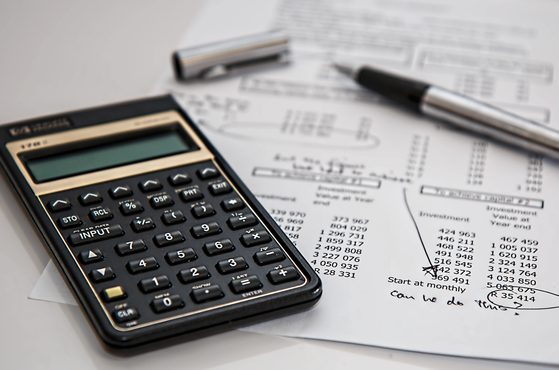Pensions in divorce — achieving equality in retirement through sharing, attachment & offsetting

We explore how pensions are treated in divorce, from entitlement and valuation to division options.
Read more
We make the difference. Talk to us: 0333 004 4488 | hello@brabners.com
AuthorsAmy Harris
3 min read

Here, our international family law expert Amy Harris explains eligibility and the key considerations to make before choosing a jurisdiction in which to start a divorce or dissolve a civil partnership.
To start a divorce or the dissolution of a civil partnership in England and Wales it is necessary to have a connection to this jurisdiction. For most people, this will be that they were born or live in England or Wales. A specialist international family lawyer will be able to advise on eligibility given your specific circumstances.
Some people may be able to divorce in more than one country or jurisdiction.
To help you decide, you may wish to consider:
The court in England and Wales can make a divorce financial order in relation to overseas property. This means that, as part of a divorce, the court can make an order for a property in a foreign country to be sold or transferred to someone.
If you do have overseas property, it is strongly advised to also take advice in the country or jurisdiction where the property is located. You need to understand whether that country would recognise an order made in England and Wales. This will be important if your former partner does not cooperate with a sale or transfer.
By having your lawyers collaborate, you may be able to ensure that the order made in England and Wales has the best chance of being recognised overseas. You can also discuss the possibility of ‘mirror orders’ (having the same or a similar order made in another country) or registering the settlement overseas (if applicable).
Starting a divorce can be a big decision, made even more complex for international individuals with a choice of jurisdictions.
Our international family lawyers are specialists in overseas divorce. We will help you to assess the best way to start the process and guide you through each step of the journey.

We explore how pensions are treated in divorce, from entitlement and valuation to division options.
Read more

We set out everything you need to know about financial orders — how they work, the different types and more.
Read more

We explain how and when a marriage can be annulled as well as how to know if a marriage is void or voidable.
Read more